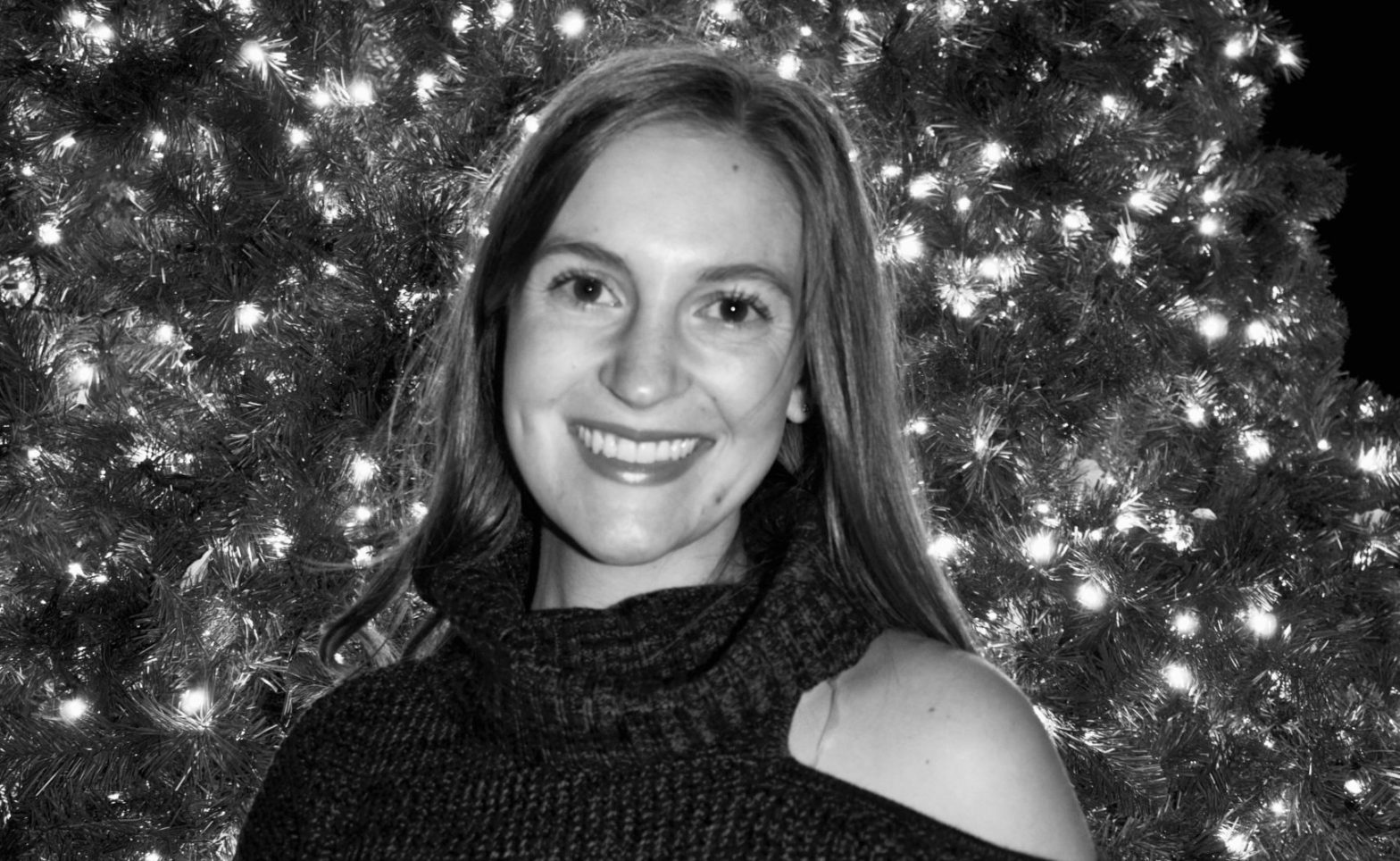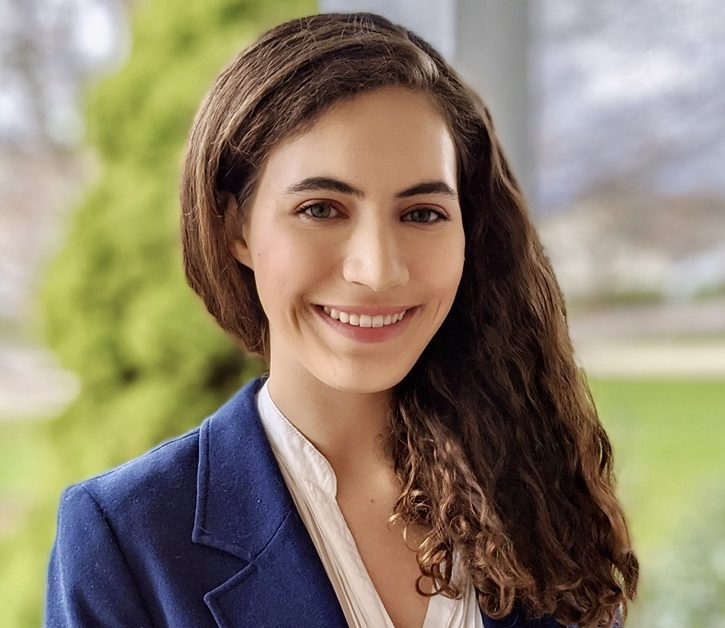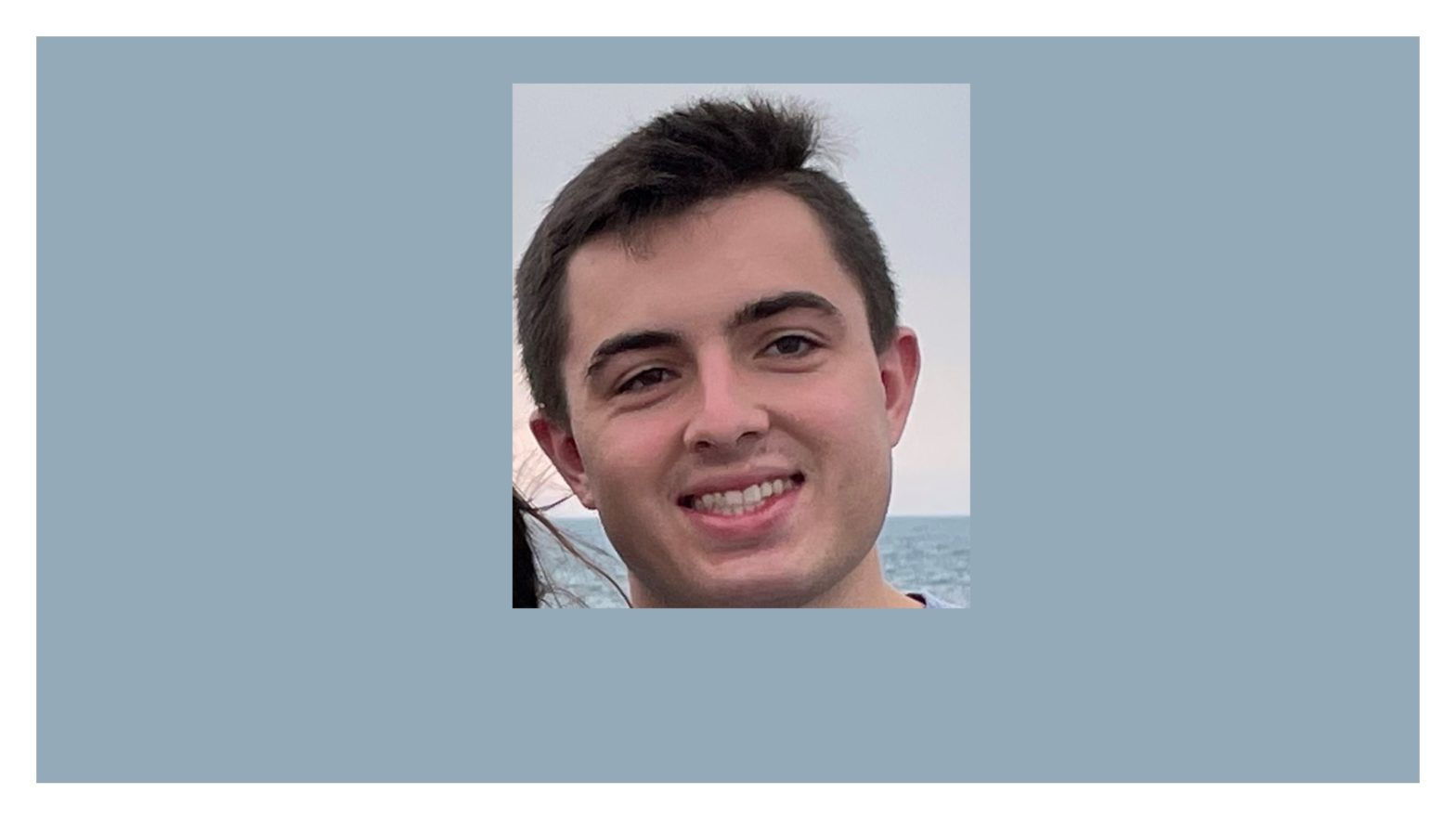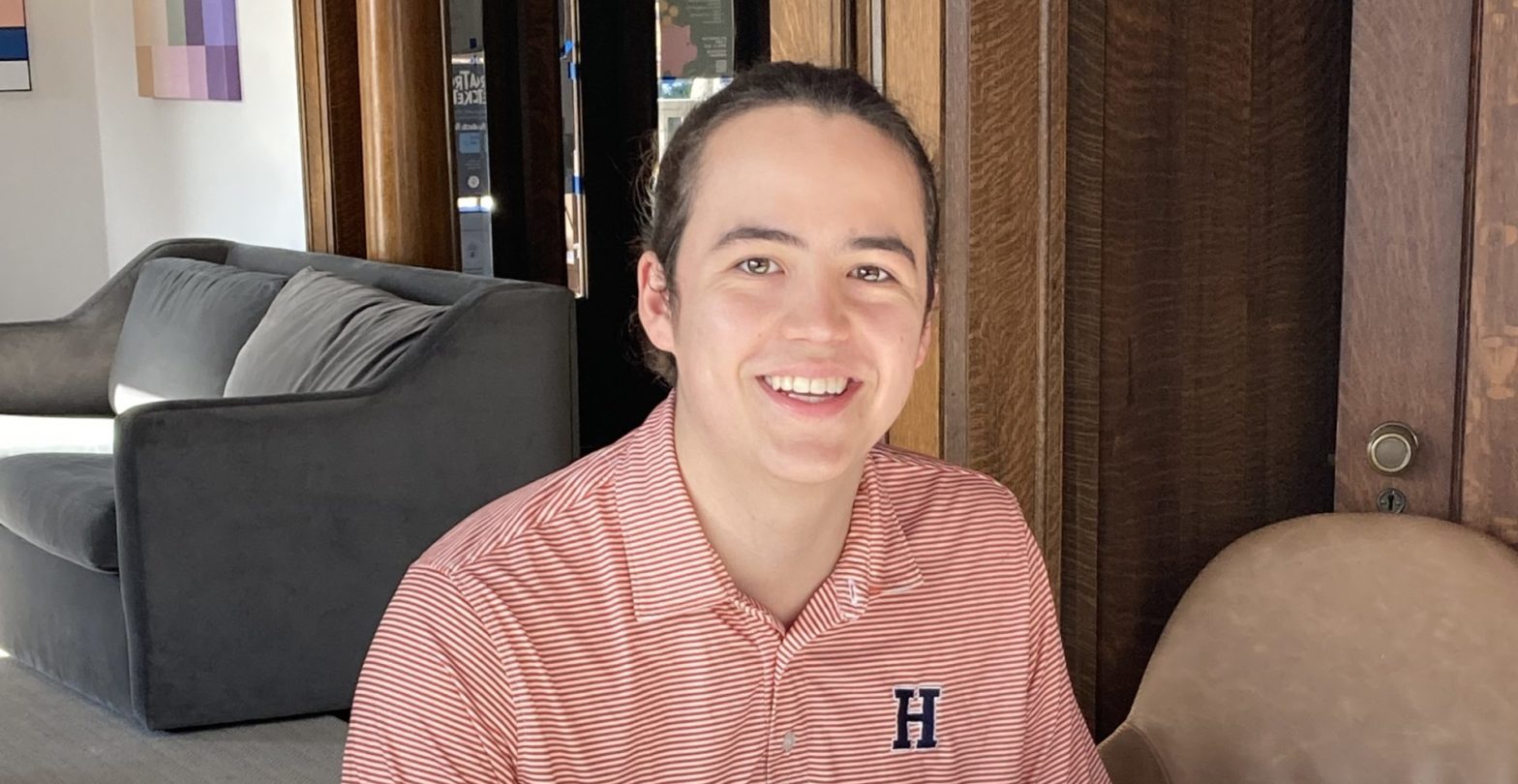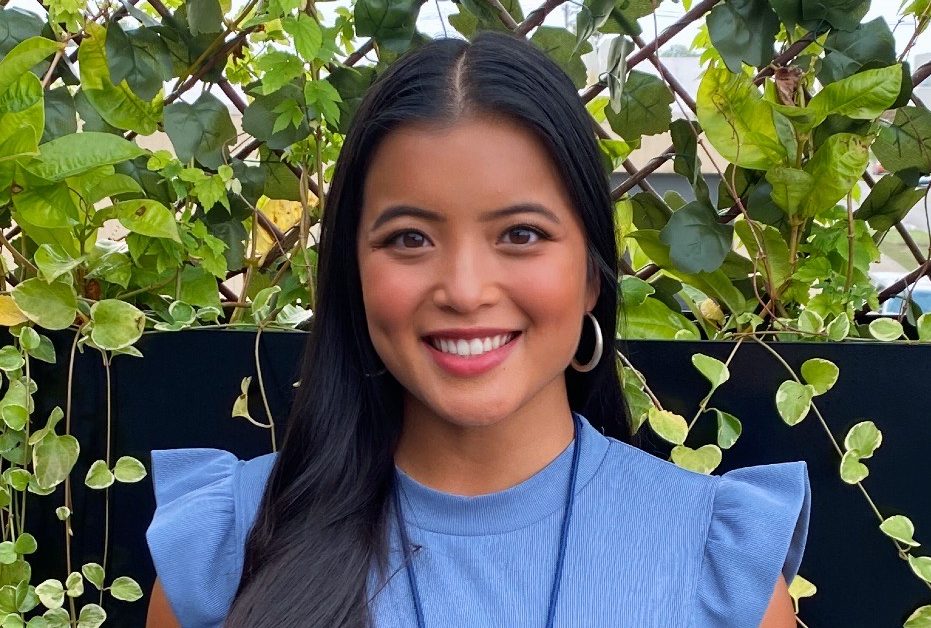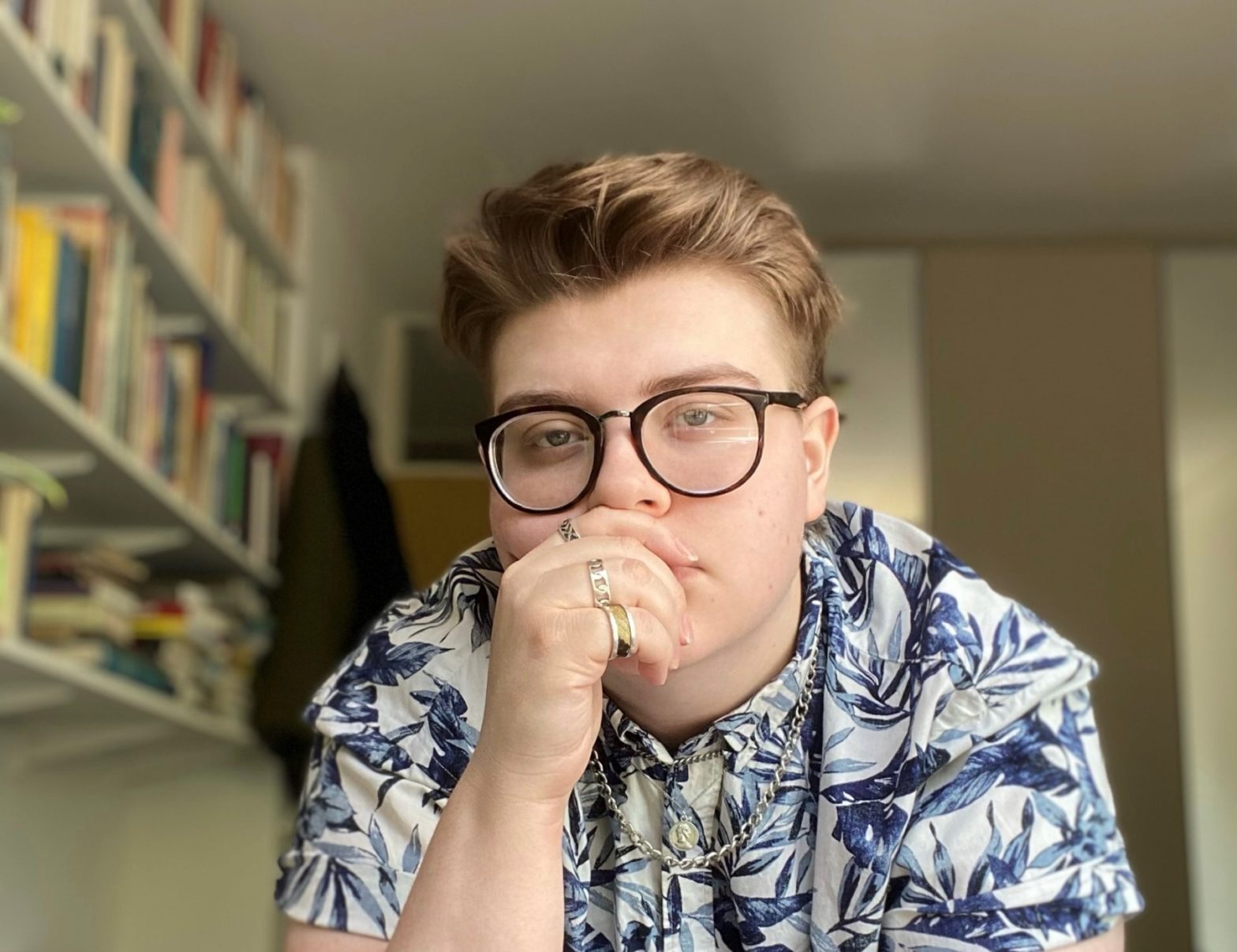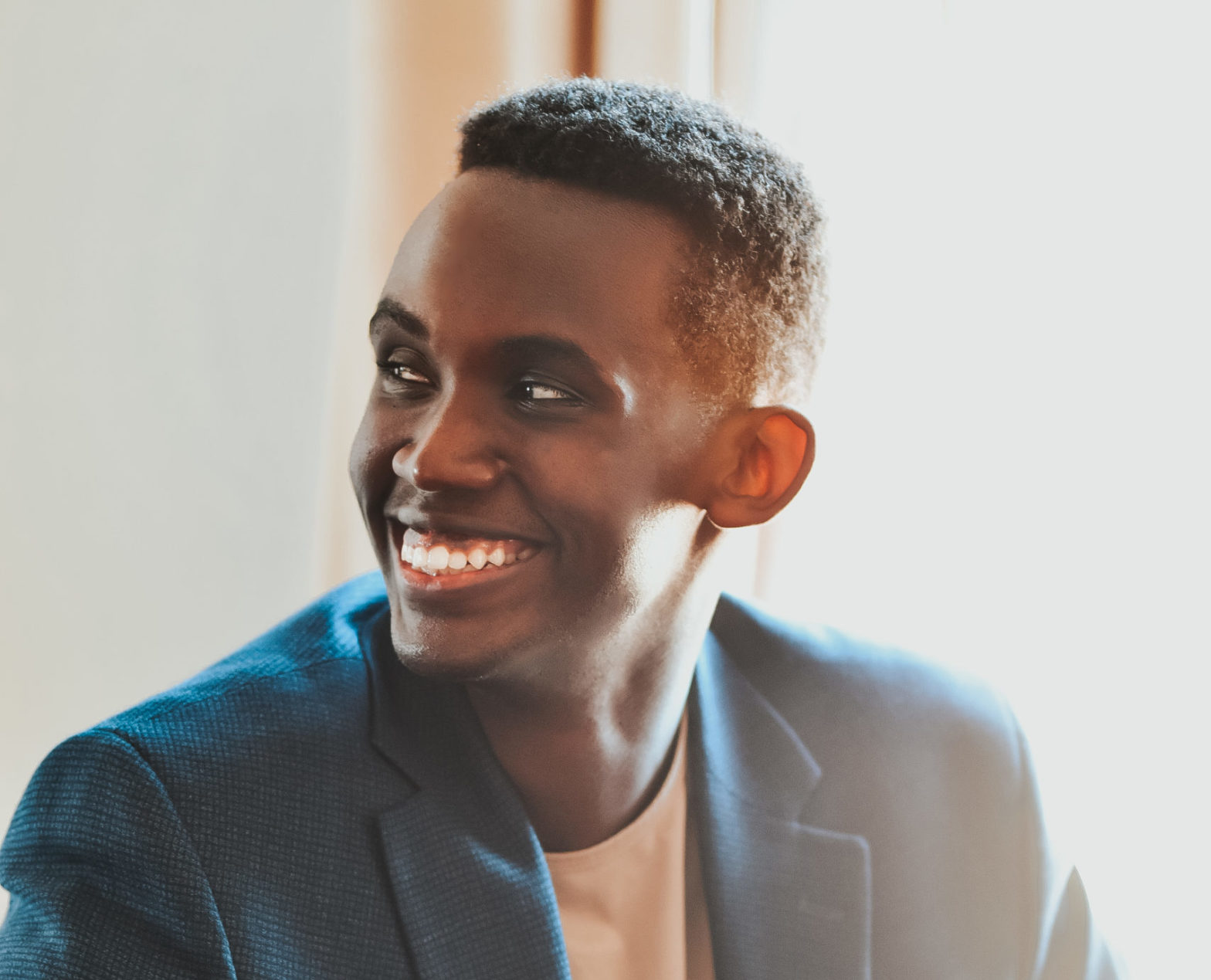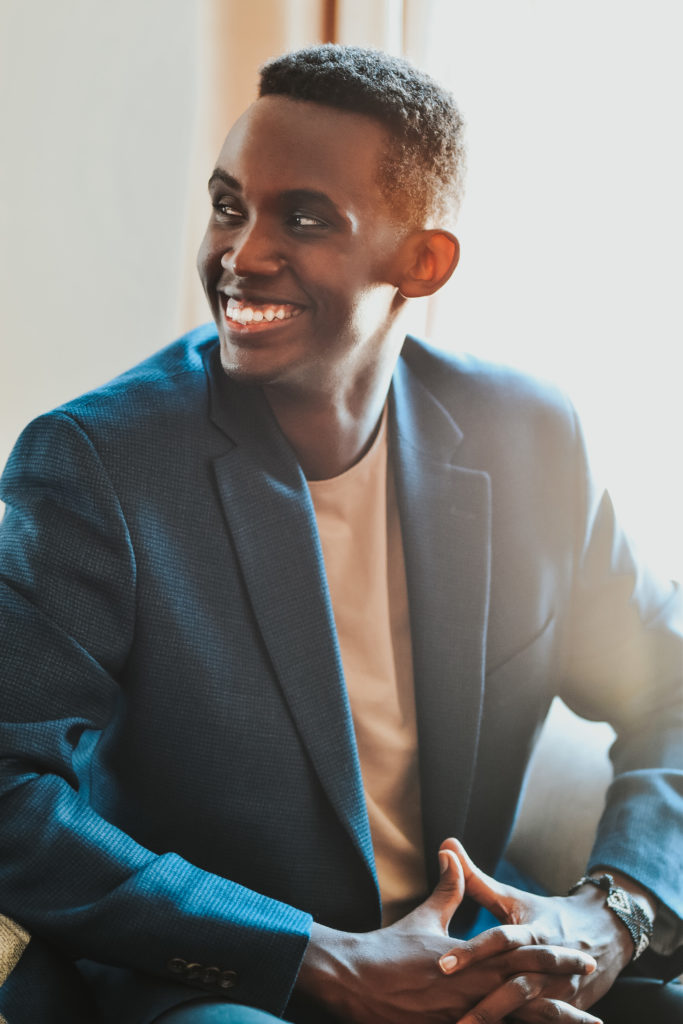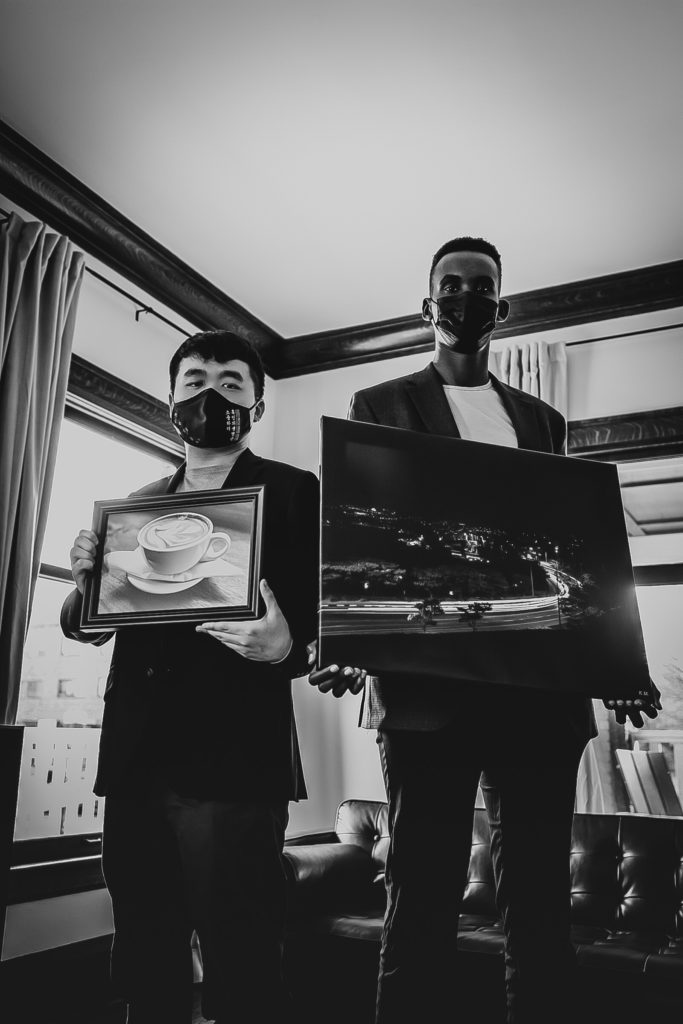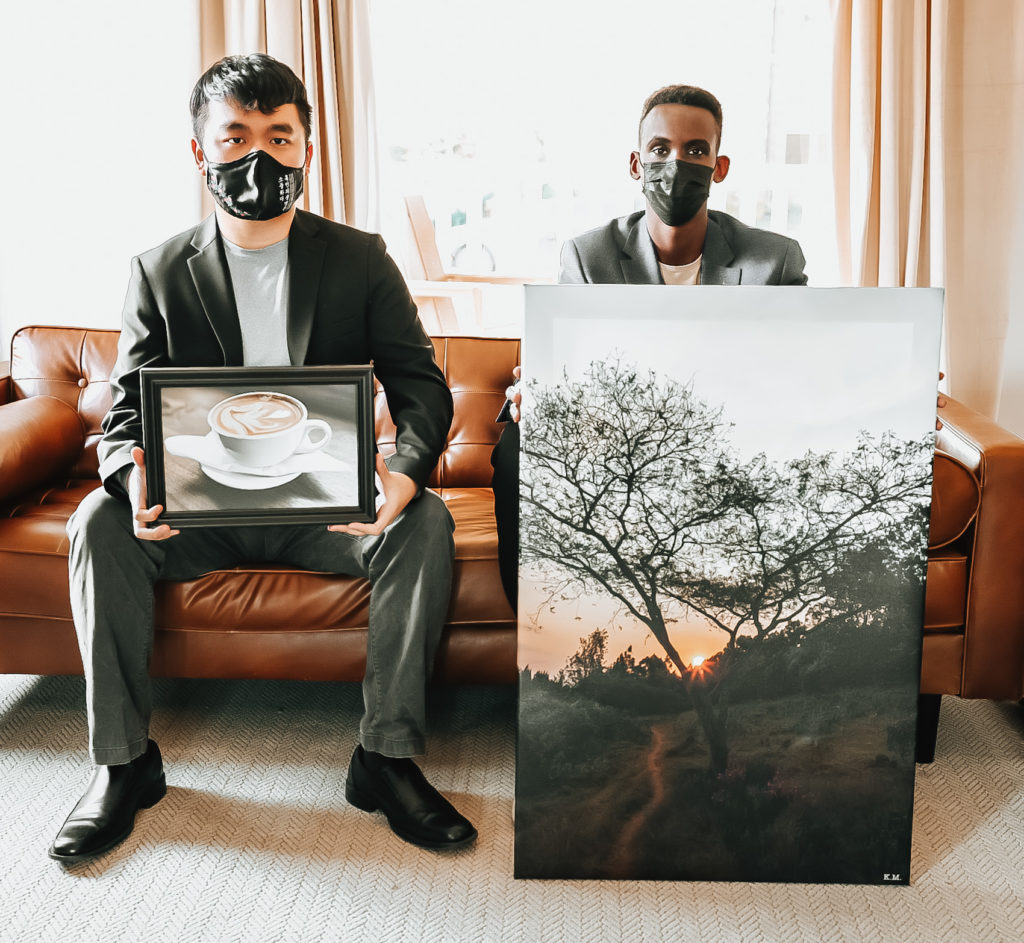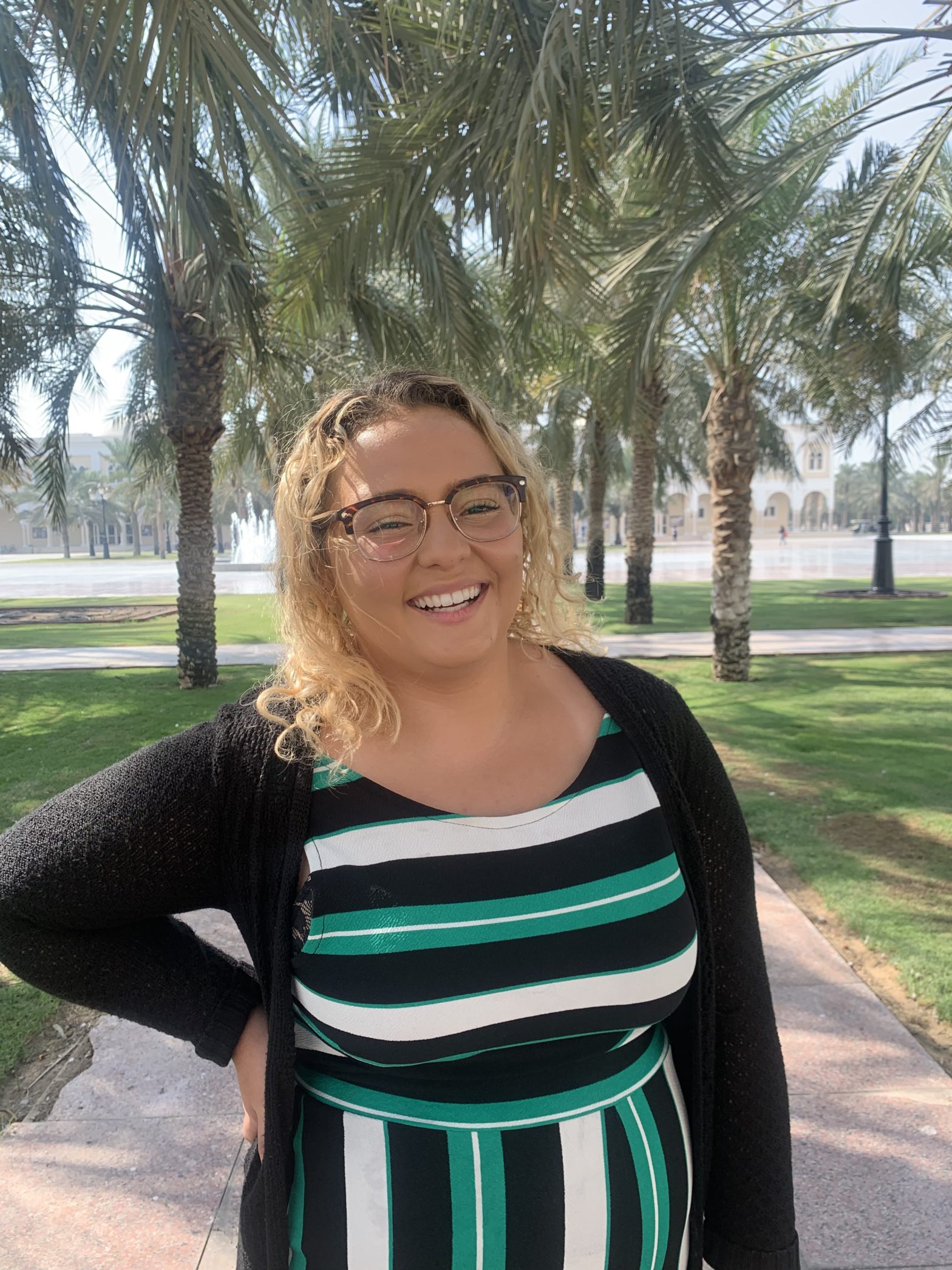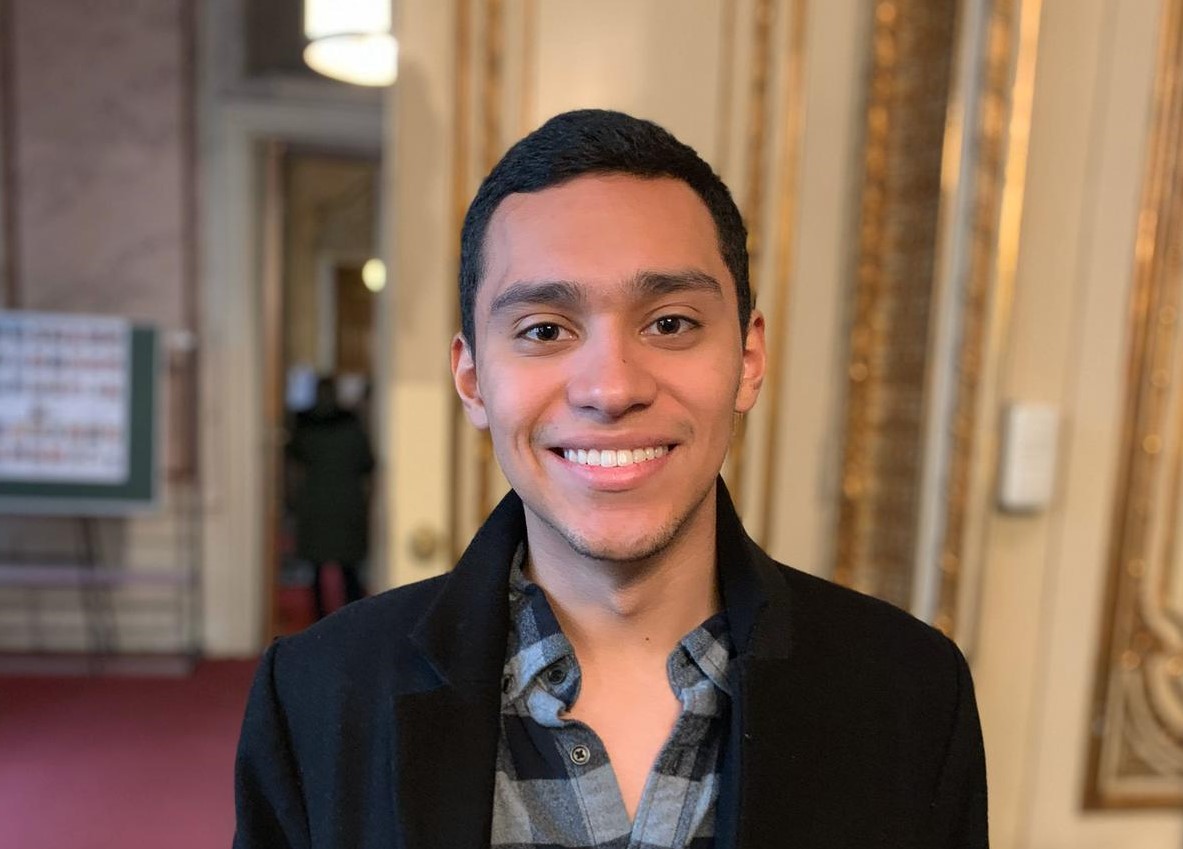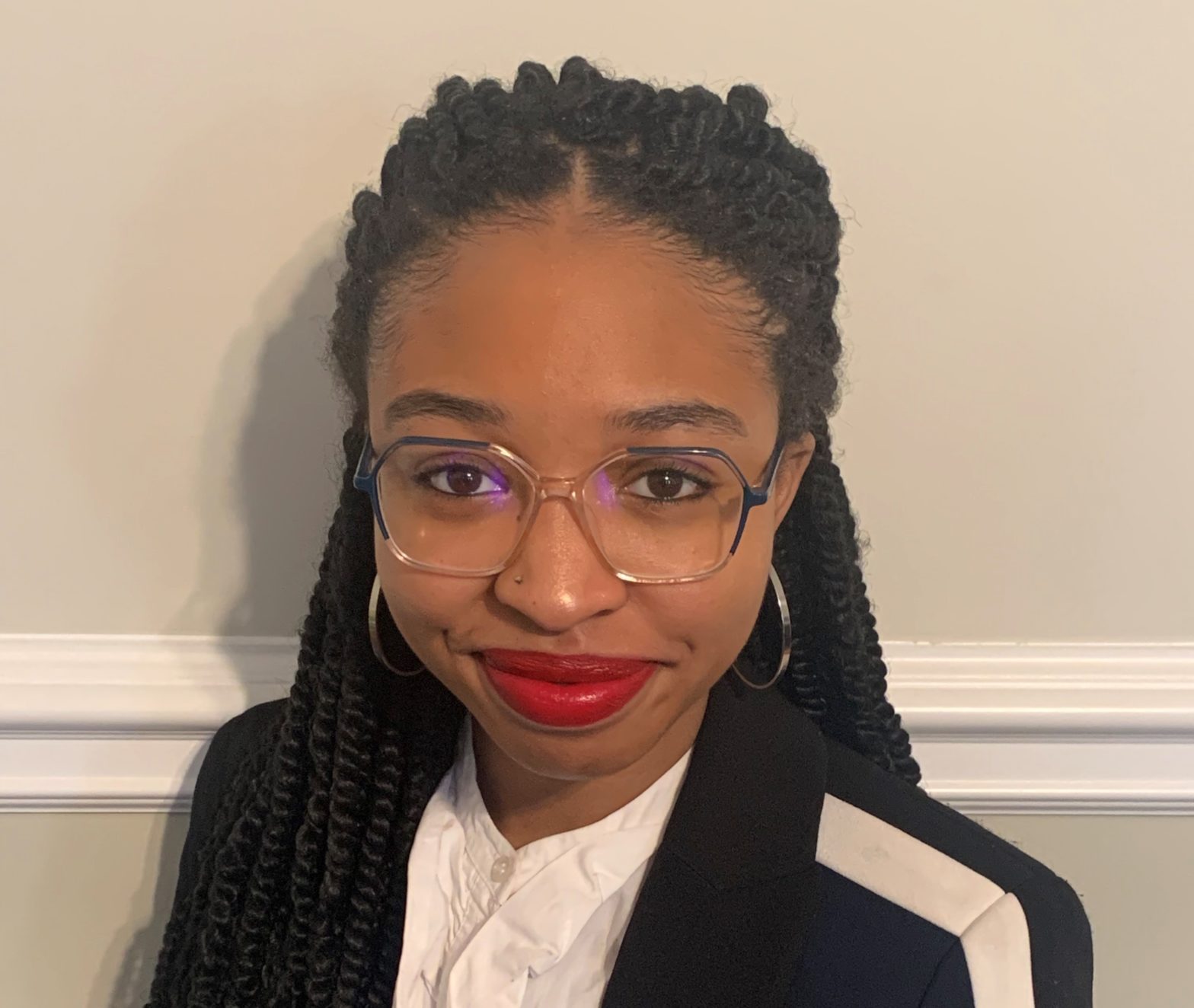The Center for Diversity & Inclusion is pleased to release the My Truth Series. This series contains daily blogs and videos that will be released throughout the week, May 2 through 8, capturing the lived experiences of diverse students at Hope College.
The comments contained in the videos are those of the respective Hope College students and do not necessarily represent the views of Hope College. If you choose to comment, please follow Hope’s Virtues of Public Discourse. Comments that do not follow the Virtues of Public Discourse will be deleted.
Hannah is a Class of 2022 Psychology Major. This exceptional senior was involved in: Hope Advocates for Invisible Conditions, Step2Success and the Student Congress Culture and Inclusion Committee. She is pursuing a degree in occupational therapy.
To Justify My Pain
Hi, my name is Hannah Tegtmeyer and I’m a senior studying Psychology and Kinesiology. I’d like to thank the CDI – specifically Jevon Willis and Margo Walters – for the opportunity to be here today and share my truth with you. While I stand here today – seen as successful and ready to go out into the world – let it be known that my truth is also the truth of many other students and faculty members on our campus. My goal today is that we, the members of the chronically ill and disabled community, should no longer have to justify our pain to others.
Listening to Learn
This brings me to my first question – how can we as a community listen to learn instead of listen to respond? I have some scenarios to illustrate this point. By my sophomore year, I already had many experiences on campus that made me wary of disclosing my status to professors and “friends” alike. But as many of us know, you’re often forced to disclose to professors if you need testing accommodations or your condition otherwise affects your academic life regularly. Due to a lot of the experiences I had, I no longer felt confident in sharing information with my professors. Yet, I was still astonished when a professor responded to me one day by saying “I don’t mean to be insensitive, but I don’t think you need testing accommodations” and refused to provide me with accommodations for the duration of the semester. Not only is this unjustifiable – as my request was more than reasonable and there were staff available to accommodate – it also violates the mission of Hope College. This professor did not “create a caring community”, act as a “wise steward of resources”, or “foster development of the whole person”. Instead, this professor talked down to me in a baby voice all semester and acted as if I could not comprehend the concepts in the class because I required testing accommodations. I do not lack the intellectual ability to understand the concepts; In fact, I hold the capacity to continue to explain the nature of my chronic illness to a professor who is unwilling to change. Do you know how exhausting that is? To explain day after day after day why you should have the same chance to succeed as other students? It’s as exhausting as the disorder itself.
For those of you wondering – I have quite a few invisible health conditions [Hashimoto’s, Rheumatoid Arthritis, Anxiety, Depression, PTSD, the list goes on] but the one being questioned that day was a rare, understudied neurological disorder that acts similarly to a sensory disorder. I simply require a quiet, individual place to take my exams. I could have easily avoided panic attacks and trauma therapy that semester if the professor had been oriented to learning. Listening to learn in this scenario could have sounded like, “Wow, I have not heard of this disorder. Would you be willing to educate me?” or “What do I need to know in order to support you?” or “Could you direct me to some educational resources so I can best support you in my class?” Most of the time, we don’t care if you ask us questions about our conditions. Actually, we generally prefer that you do. It shows that you care about learning and supporting us. When you’ve met one person with XYZ condition, you’ve met one person with XYZ condition. Our conditions affect us all differently.
Supporting
This brings me to my second point: how can we support someone with an invisible illness if we don’t know it exists? I get this question a lot and there’s a few ways to answer this. First of all, I think it’s important to remind you that we only disclose to people we feel safe sharing this information with. This is due to multiple previous experiences we have all had where people have made cruel jokes or comments, shared the information with others, etc. Ask yourself, do you know anyone who has shared with you that they have an invisible condition [and are you still active in their life]? If you answered no, why is that? It’s possible that this person doesn’t feel safe around you. So, the first thing you can do to support those around you is invest time in becoming a self-aware, safe person.
When someone does disclose to you, the best way you can support them is by validating their experiences. We spend so much time being overruled and gas lit by doctors, professors, peers, family members that we expect it when we walk into a new place. So, to give someone the gift of validation is both incredible and the bare minimum.
Now, giving and receiving validation looks differently for every person. By definition, validation is learning, understanding, and accepting what the other person has chosen to share with you. The first, and easiest, step is to accept what is shared with you by telling the person that you believe them. You would be surprised at how little we hear this. The learning component is what varies the most from person to person. If the friend who shared with you is comfortable, you can ask questions to learn more about their condition. However, they are not solely responsible for your knowledge or lack thereof. You should also ask for accurate resources to learn on your own. Lastly, you can attend advocacy or support groups as an ally. Hopefully through learning and engaging with more than just one person, you can begin to understand what life is like when such a big part of it is invisible to others. When you choose listening to learn over listening to respond, you become part of the solution. We no longer have to justify our pain, because we are heard the first time.
Thank you.


